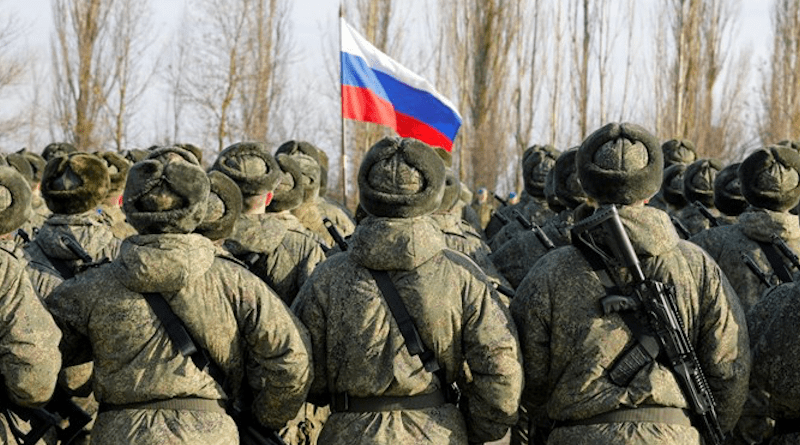Disobedience In Russian Army Likely To Increase If War In Ukraine Continues – OpEd
By Paul Goble
There have already been reports that individuals and units in the Russian military Vladimir Putin has sent into Ukraine are beginning to engage in disobedience, historian Boris Sokolov says. The longer the war goes on, the more likely they are to increase and become a threat to the Russian state.
According to Sokolov, “serious anti-war actions are characteristic of mass armies complected by a military draft. They occur when soldiers are uncertain about war goals or do not support those goals at all. Such actions also become more likely with military failures, more time in the field and poor military preparation of soldiers” (graniru.org/War/m.284779.html).
Moreover, he points out, it is not uncommon that “under conditions of a military defeat, army protests will grow over into revolution and this will lead to a change in the political regime in their country” as happened in numerous countries, including Russia, during and at the end of World War I.
The Russian military Putin has sent to fight in Ukraine clearly has the potential to follow in the footsteps of its ancestors, Sokolov continues, “especially if the war drags on. And the Belarusian army may also be threatened with massive anti-war protests if Lukashenka dares to send it to fight the Ukrainians” alongside the Russians.
At present, protest in the ranks and especially in the officer corps in Russian forces in Ukraine is minimal and controllable. But the Kremlin has to be aware that if it does not end the war soon either with a victory or with a withdrawal, it may face a serious challenge to its power and authority at home, just as Nicholas II and then the Provisional Government did in 1917.

